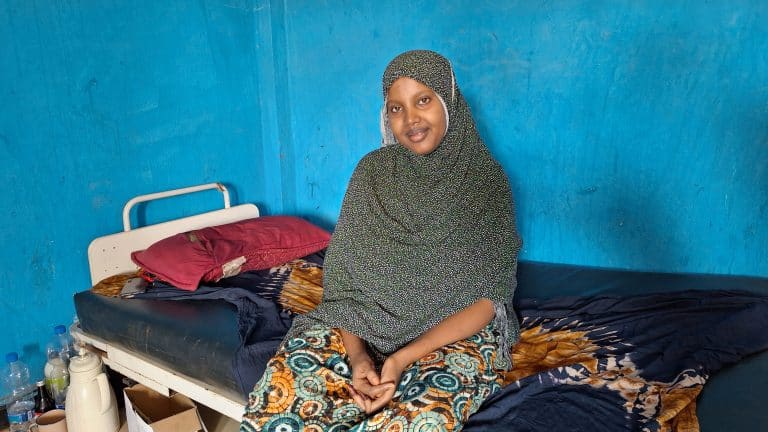
Ethiopia: Turning the miracle of healthcare access into reality
In a sandy area of southern Ethiopia, affected by malnutrition, climate shocks, water scarcity, and lack of healthcare, new life

In a sandy area of southern Ethiopia, affected by malnutrition, climate shocks, water scarcity, and lack of healthcare, new life
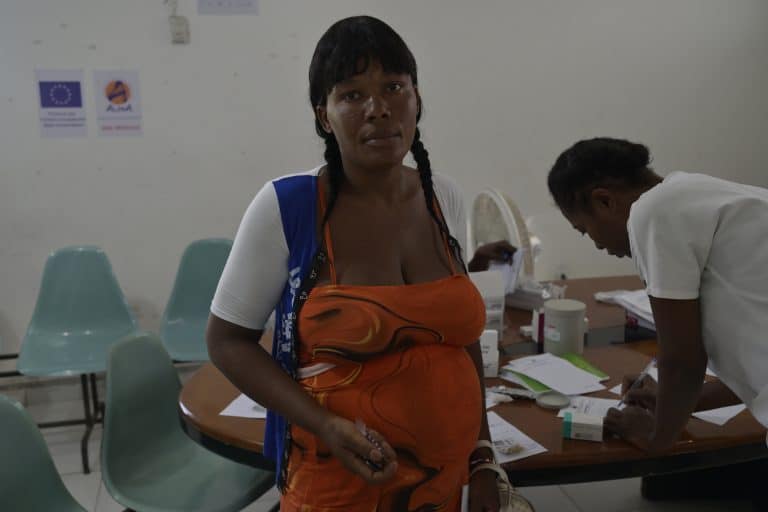
In Cité Soleil, a municipality of the Port-au-Prince metropolitan area weakened by years of armed violence and the absence of
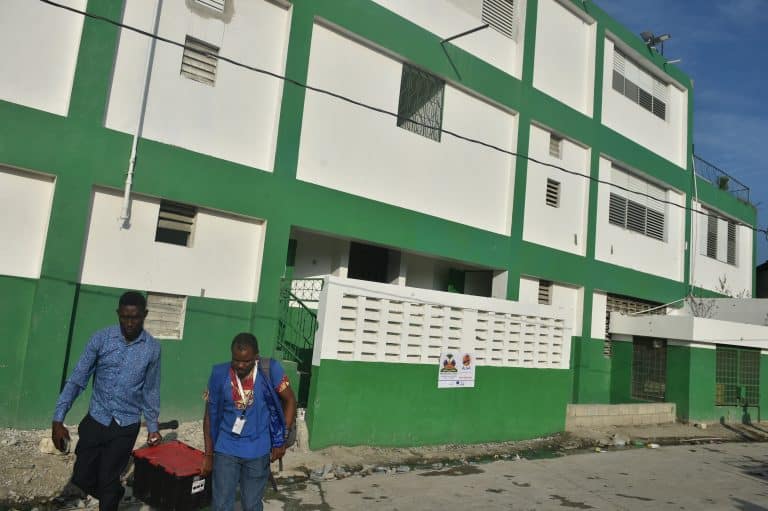
In Cité Soleil, one of Haiti’s most vulnerable urban contexts, the CHAPI Hospital, located in the Boston area, is coming
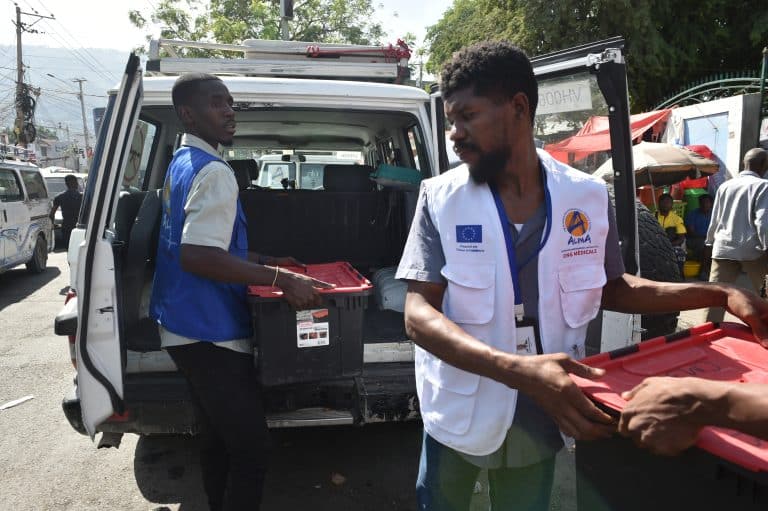
In Port-au-Prince, thanks to its mobile clinics and a strong network of community health workers, ALIMA is restoring regular access

At the Maper Health Center in northern South Sudan, the arrival of ALIMA, in partnership with MSF-France, has transformed care
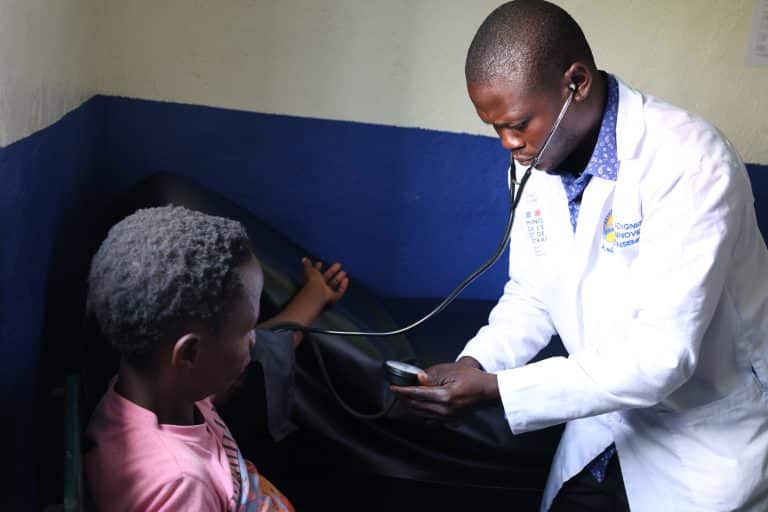
In Boga, in the eastern Democratic Republic of Congo, thousands of displaced families are trying to rebuild their lives after
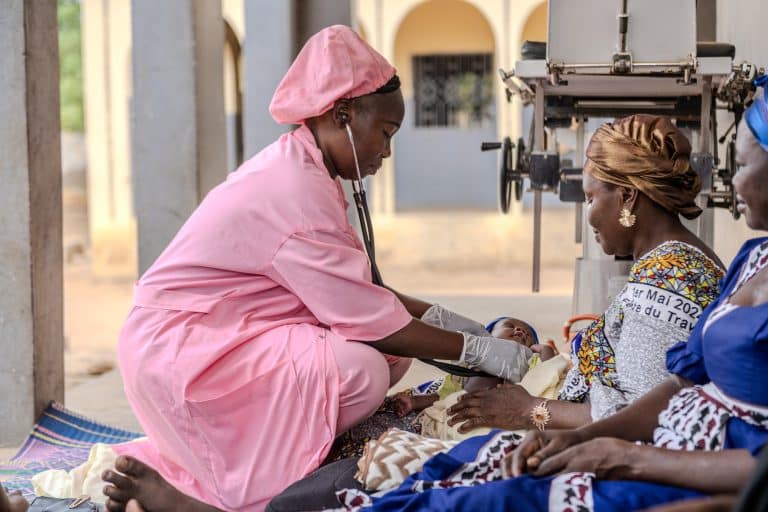
It is overflowing. Initially built to shelter 25,000 people, the Zabout camp now houses over 50,000 people. Since 2023, ALIMA
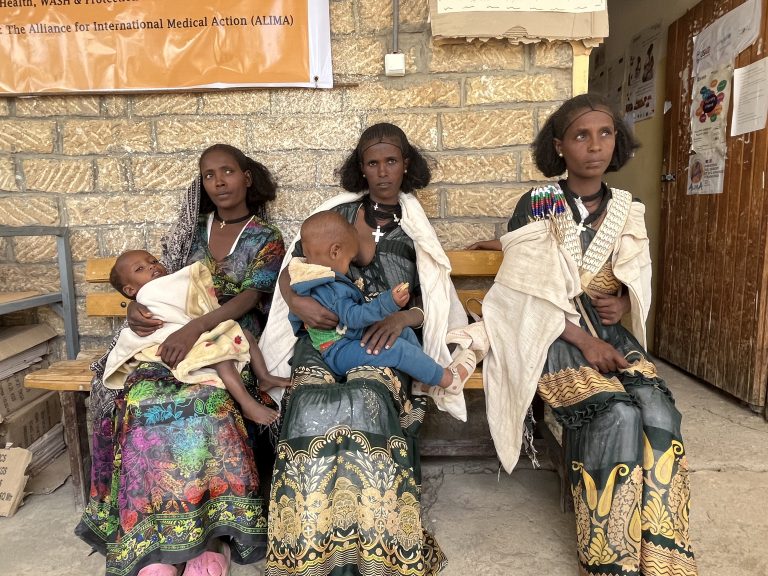
In Tigray’s mountains, displaced women regain access to vital health care through ALIMA-supported clinics. Prenatal consultations, safe deliveries, and psychosocial
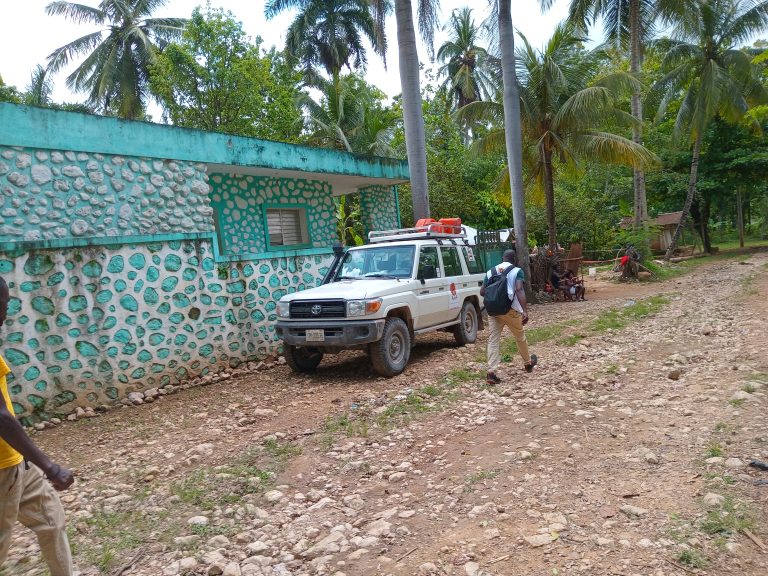
On October 2, 2024, the Dominican government launched a campaign to deport 10,000 immigrants per week, particularly affecting the Haitian
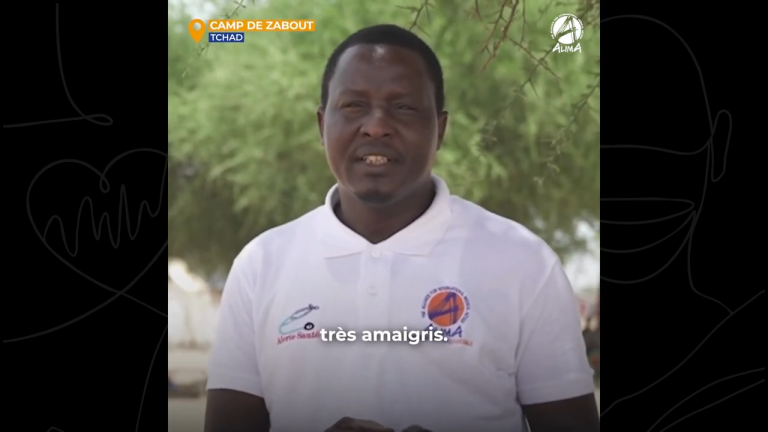
Every day, thousands of Sudanese families cross the border to escape the war. In eastern Chad, ALIMA and its partners
We offer country-specific donation forms to give you access to local payment options and tax benefits.
Please wait while you are redirected to the right page...